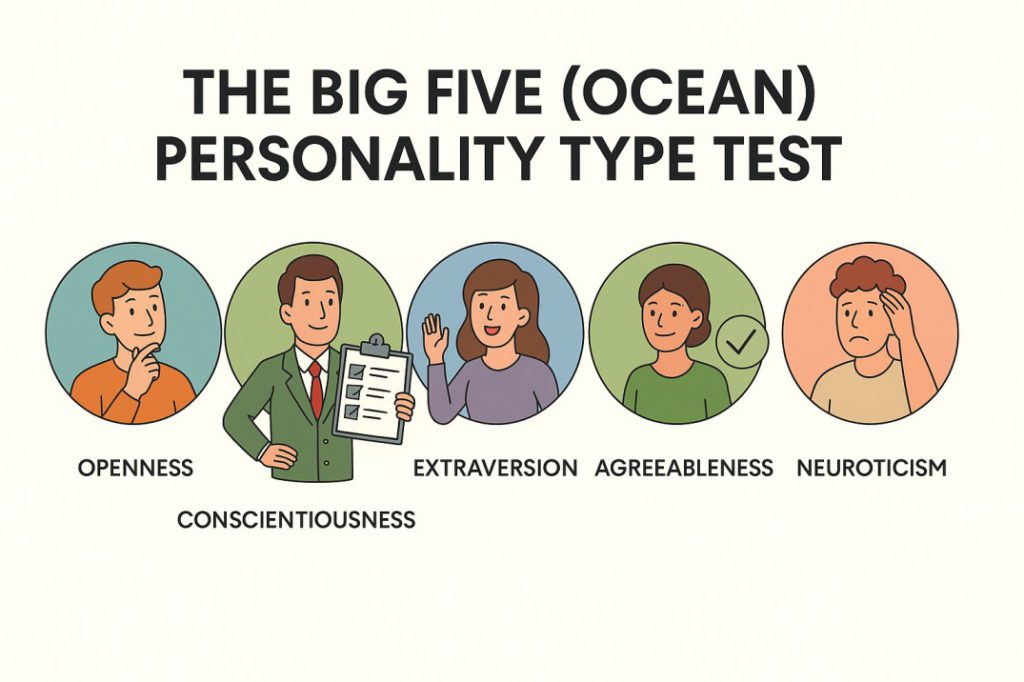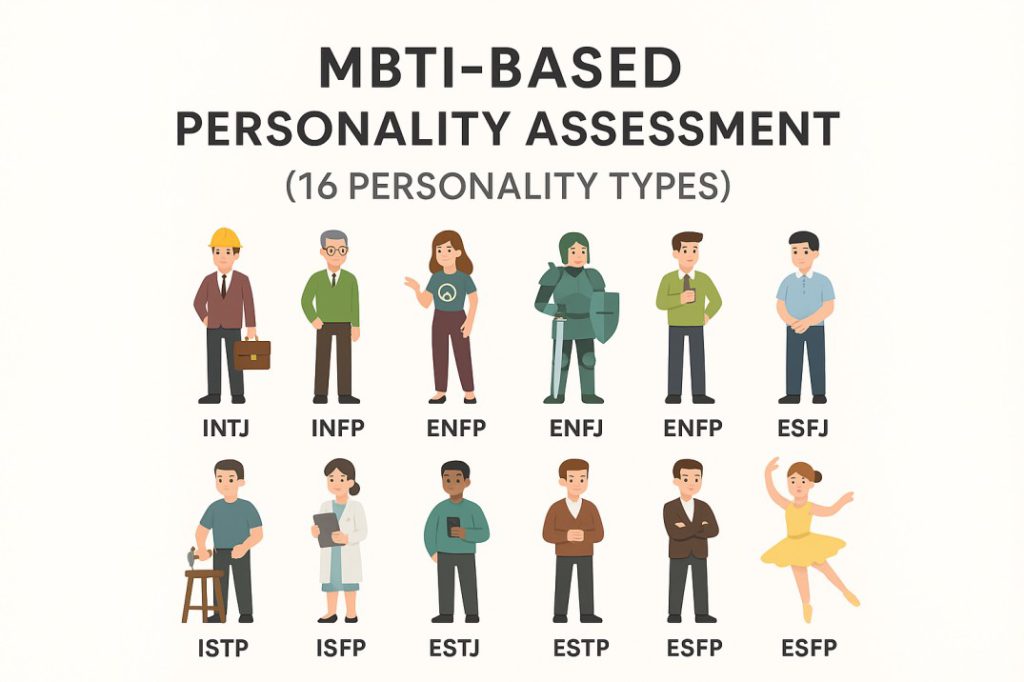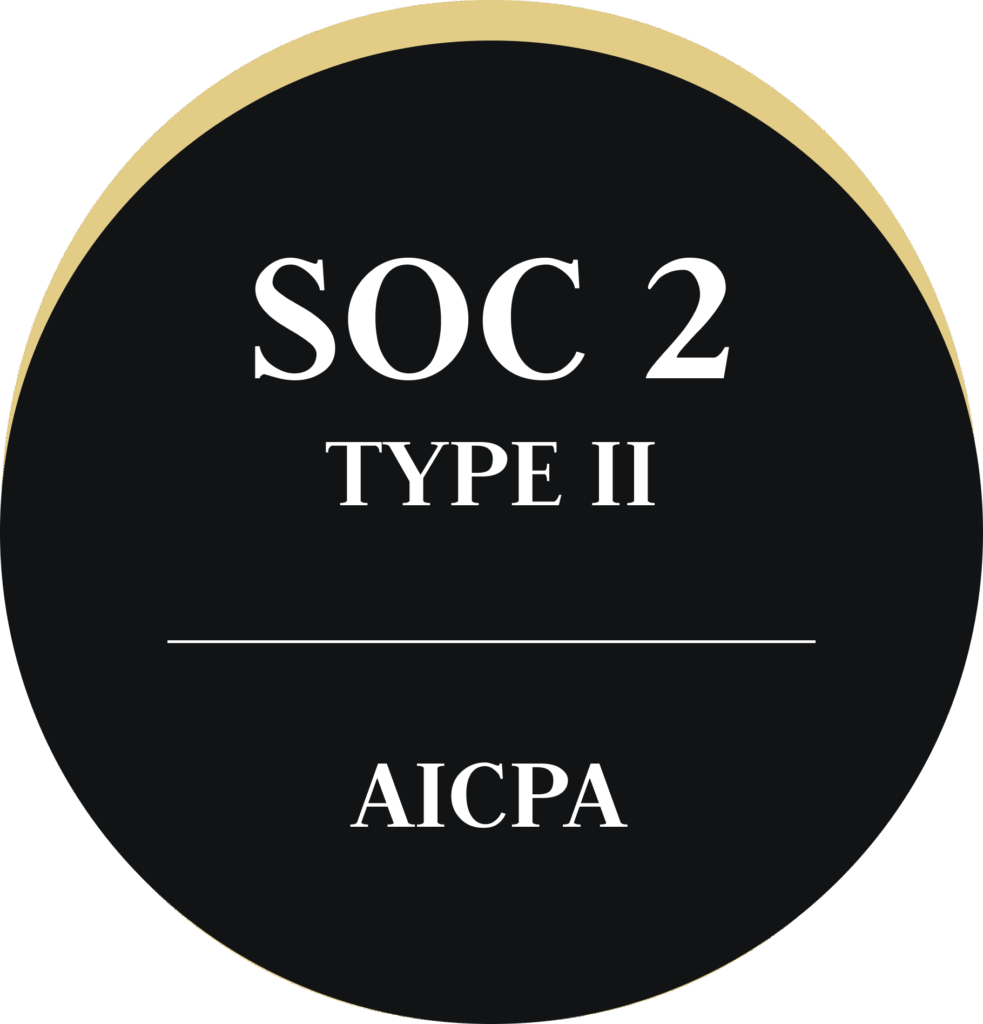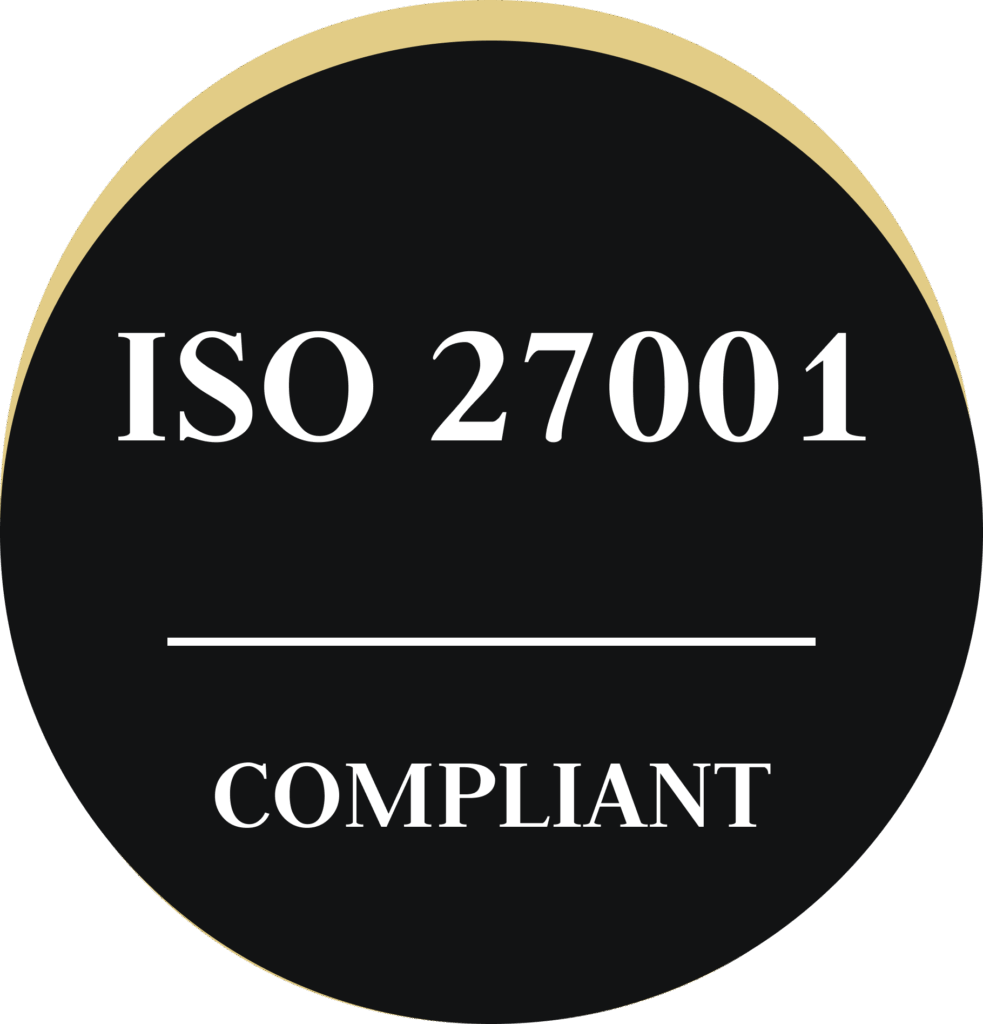Big Five (OCEAN) Personality Traits
The Big Five Personality Model, commonly referred to as OCEAN, captures the five broad dimensions of
human personality that are widely accepted in psychology and behavioral science. This framework is used
to understand how individuals typically think, feel, and behave across various situations. In hiring and
talent assessment, the Big Five traits provide deep insight into a candidate’s workplace style, adaptability,
and interpersonal approach, helping organizations predict cultural fit and long-term potential.
1. Openness to Experience
○ Creativity & Innovation
○ Curiosity & Learning Agility
○ Adaptability to Change
○ Strategic Thinking
2. Conscientiousness
○ Dependability
○ Time Management & Organization
○ Goal Orientation
○ Work Ethic & Accountability
3. Extraversion
○ Verbal Communication
○ Team Collaboration
○ Leadership Potential
○ Persuasiveness & Influence
4. Agreeableness
○ Empathy & Compassion
○ Conflict Resolution
○ Customer Orientation
○ Team Harmony
5. Neuroticism (Emotional Stability)
○ Stress Tolerance
○ Emotional Regulation
○ Resilience
○ Composure Under Pressure
MBTI (16 Personality Types)
The Myers-Briggs Type Indicator (MBTI) is a widely used personality framework that categorizes
individuals into 16 distinct personality types based on their preferences in four core dimensions. While
MBTI does not measure skills or abilities, it provides valuable insights into how individuals perceive the
world, make decisions, and interact with others. In professional contexts, MBTI can help identify
communication styles, teamwork preferences, and problem-solving approaches. Understanding these
tendencies allows organizations to build more effective teams, improve collaboration, and support
employee development in alignment with personality-driven strengths.
1. Extraversion (E) / Introversion (I)
○ E: Communication, Initiative, Team Engagement
○ I: Focus, Reflection, Deep Work
2. Sensing (S) / Intuition (N)
○ S: Attention to Detail, Practicality, Process Adherence
○ N: Innovation, Big Picture Thinking, Vision
3. Thinking (T) / Feeling (F)
○ T: Critical Thinking, Objectivity, Decision-Making
F: Emotional Intelligence, Empathy, Team Morale
4. Judging (J) / Perceiving (P)
○ J: Planning, Organization, Follow-through
○ P: Flexibility, Adaptability, Improvisation

















